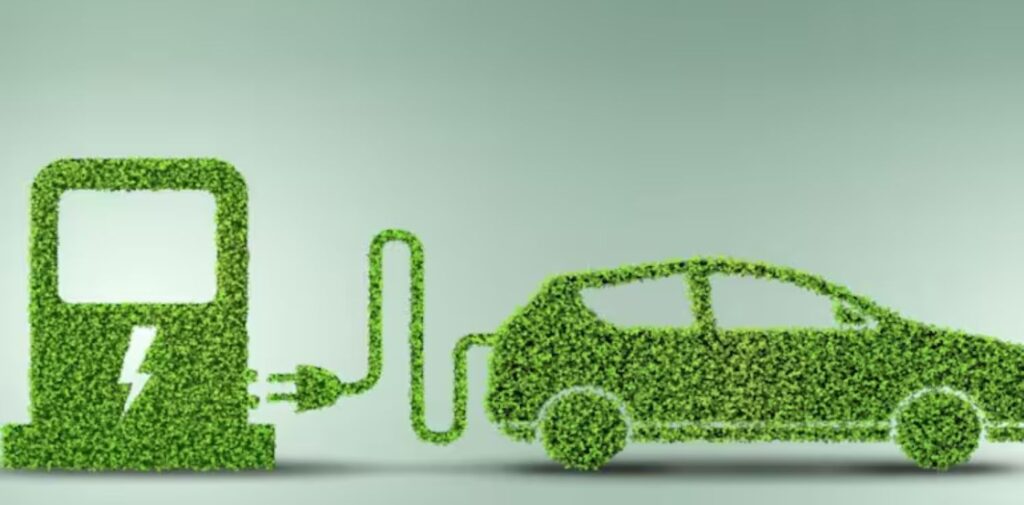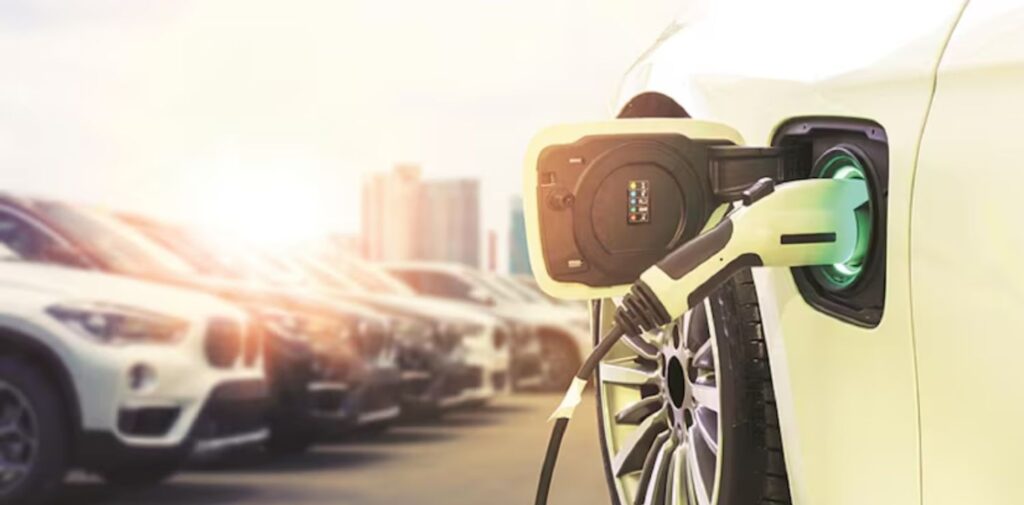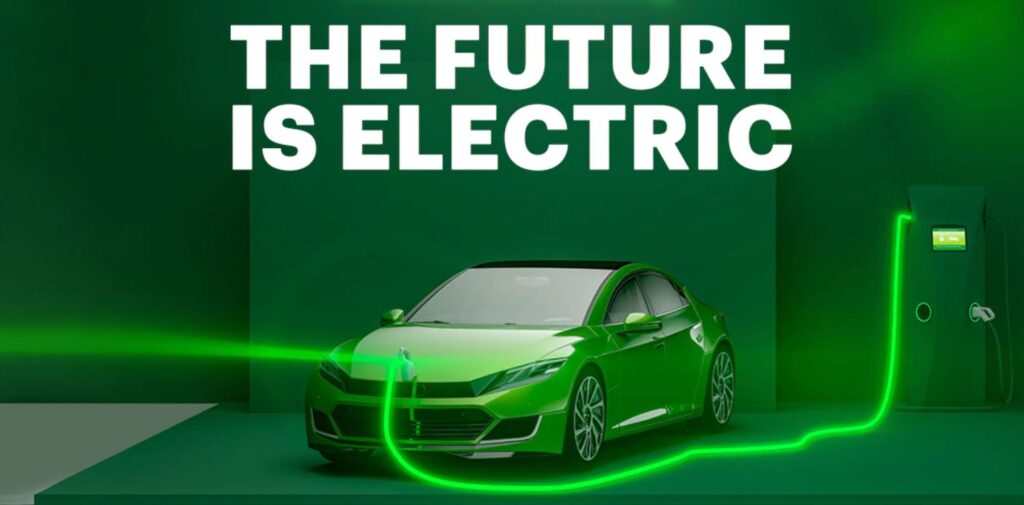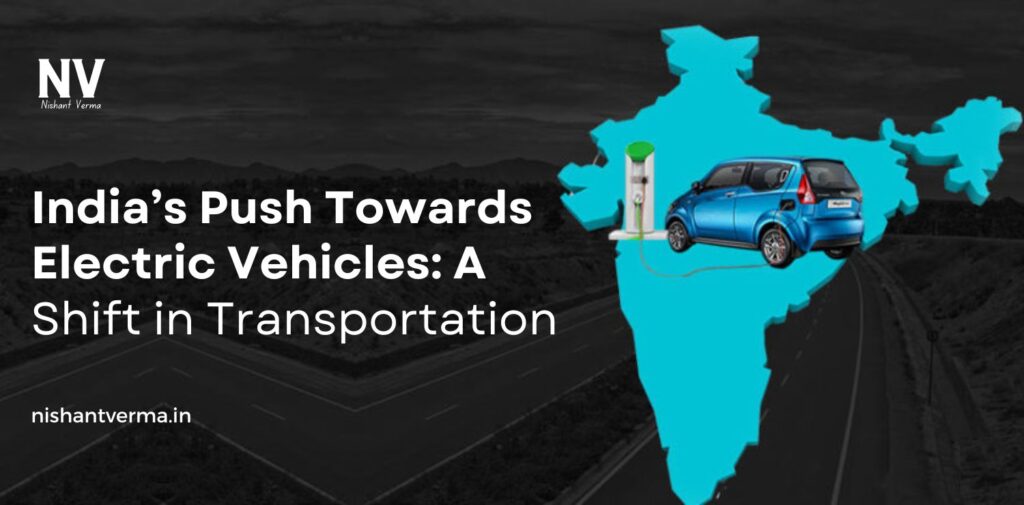The world is moving towards cleaner and more sustainable ways of living, and India is no exception. One of the most significant changes happening in India today is the shift towards electric vehicles (EVs). As air pollution and fuel prices rise, and the effects of climate change become more evident, India is embracing electric mobility as the future of transportation. This push towards electric vehicles is not only a step towards reducing the country’s carbon footprint but also a significant transformation in howa we think about travel, energy, and sustainability. Let’s explore how India is making this shift and what it means for the country’s future.
The Growing Need for Electric Vehicles in India
India, with its rapidly growing population and expanding urbanization, faces many challenges related to transportation. The country has a huge number of vehicles on the road, and this has led to rising air pollution levels, especially in major cities like Delhi, Mumbai, and Bengaluru. Transportation is a major contributor to air pollution, with vehicles emitting harmful gases like carbon dioxide (CO2), nitrogen oxides (NOx), and particulate matter that affect public health and contribute to global warming.
Another challenge is the rising cost of petrol and diesel. With the country being heavily reliant on oil imports, the cost of fuel can fluctuate, creating financial instability for both consumers and the economy. Electric vehicles, on the other hand, are powered by electricity, which is increasingly being sourced from renewable energy like solar and wind power. This makes EVs a cleaner and more cost-effective alternative in the long run.
With the growing need to address these environmental and economic concerns, electric vehicles have emerged as a viable solution. EVs offer a cleaner, greener, and more sustainable mode of transportation that can help reduce pollution, lower fuel costs, and reduce the country’s reliance on fossil fuels.

Government Initiatives and Support for Electric Vehicles
The Indian government has recognized the importance of EVs and is actively supporting the transition towards EVs. Various policies and incentives have been introduced to encourage both manufacturers and consumers to embrace electric mobility.
One of the key initiatives is the Faster Adoption and Manufacturing of Hybrid and Electric Vehicles (FAME) scheme, which was launched in 2015. The scheme aims to provide financial incentives for the purchase of electric and hybrid vehicles and the establishment of charging infrastructure. Under FAME II, which was introduced in 2019, the government increased the incentives for electric buses, three-wheelers, and two-wheelers to encourage more people to buy EVs.
In addition to direct incentives, the government is also focusing on developing the infrastructure needed to support EVs. The establishment of more charging stations across the country is a crucial part of this effort. The Ministry of Heavy Industries and Public Enterprises has been working on setting up public charging stations in cities and highways to make it easier for people to own and operate EVs.
The government is also offering tax benefits and exemptions on the purchase of EVs. For example, individuals can avail tax deductions on loans taken for electric vehicle purchases, and there are reduced GST rates on EVs. These measures are designed to make EVs more affordable for the average Indian consumer, especially in a country where price sensitivity plays a significant role in purchasing decisions.
Growth of Electric Vehicle Manufacturers in India
India’s push towards electric vehicles has also attracted many global and domestic manufacturers to invest in EV production. Companies are now working to develop a wide range of electric vehicles, from two-wheelers to four-wheelers, to cater to the diverse needs of Indian consumers.
Domestic companies like Tata Motors and Mahindra Electric have already launched electric cars in the Indian market, with models like the Tata Nexon EV and Mahindra e2o Plus gaining popularity. These companies are also planning to expand their electric vehicle portfolios in the coming years.
In addition to established players, several new startups are also emerging in the Indian electric vehicle sector. Companies like Ather Energy, Ola Electric, and Revolt Motors are gaining attention with their innovative electric scooters and bikes. Ather Energy, for instance, offers the Ather 450X, a popular electric scooter that combines performance with smart features.
International companies like Tesla have also shown interest in entering the Indian market. Although Tesla’s entry into India has faced delays due to regulatory and infrastructure challenges, it is expected that the company will eventually launch its electric vehicles in the country, further boosting the adoption of EVs.

Challenges in Adopting Electric Vehicles
While the transition to electric vehicles offers significant benefits, there are still several challenges that need to be addressed to ensure widespread adoption in India. One of the main concerns is the availability of charging infrastructure. Although the government is taking steps to set up more public charging stations, the current number of charging points is still limited, especially in rural areas and smaller towns. Without a reliable and widespread charging network, consumers may hesitate to buy electric vehicles, fearing they won’t be able to recharge them conveniently.
Another challenge is the high initial cost of electric vehicles. While EVs are cheaper to operate and maintain in the long run, the upfront cost of purchasing an electric vehicle is still higher compared to traditional petrol or diesel vehicles. This makes EVs less affordable for many potential buyers, especially in a price-sensitive market like India.
In addition, there is also the issue of battery technology. The performance of electric vehicles is closely tied to the efficiency and durability of their batteries. Currently, lithium-ion batteries, which are used in most EVs, are expensive and have limited charging cycles. However, advancements in battery technology are expected to reduce costs and improve the lifespan and performance of EV batteries in the future.

The Future of Electric Vehicles in India
Despite the challenges, the future of electric vehicles in India looks promising. The Indian government’s focus on sustainability, clean energy, and reducing pollution, combined with the growing demand for eco-friendly transportation options, will continue to drive the adoption of electric vehicles.
As the government introduces more incentives, expands charging infrastructure, and offers tax benefits, more and more consumers will be encouraged to make the switch to electric vehicles. Additionally, with technological advancements in battery technology and the growth of EV manufacturers, the cost of electric vehicles will likely come down in the coming years, making them more accessible to the average Indian.
The future of electric mobility is also closely linked to India’s commitment to renewable energy. As the country moves towards generating more power from solar, wind, and hydroelectric sources, the environmental benefits of electric vehicles will increase. Using clean energy to charge electric vehicles will further reduce the carbon footprint of the transportation sector.
Conclusion
India’s push towards electric vehicles is an important step in creating a cleaner, more sustainable future for the country. With government support, growing manufacturing capabilities, and rising consumer awareness, the adoption of electric vehicles in India is expected to increase significantly in the coming years. While challenges like charging infrastructure, high costs, and battery technology still need to be addressed, the future of electric mobility in India looks bright. As the country continues to evolve, electric vehicles will play a central role in reducing pollution, lowering fuel costs, and creating a more sustainable transportation system for generations to come.




